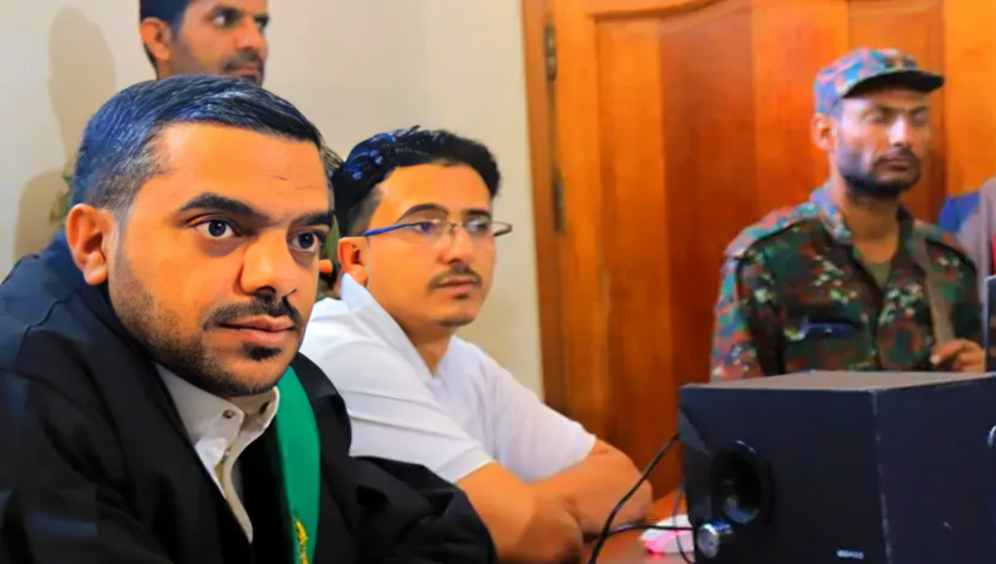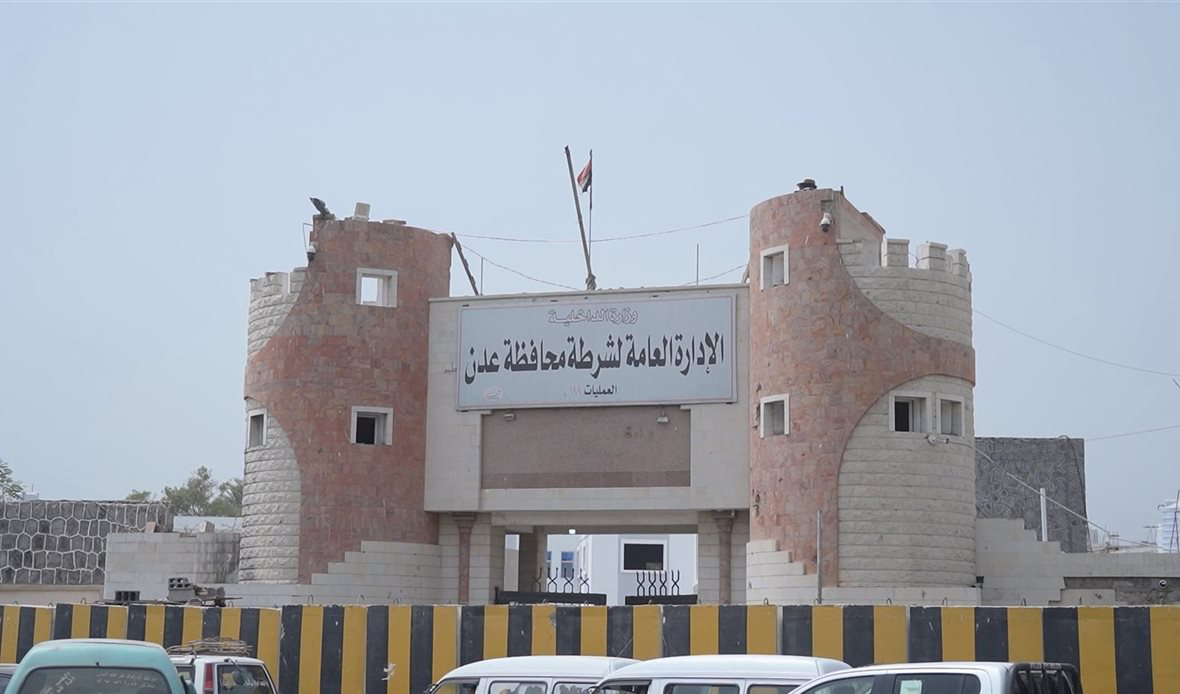
Barran Press
The National Commission for Prisoners and Abductees has condemned the Houthi rebels, internationally designated as a terrorist group, for informing the family of abducted citizen Saleh Mohammed Ali al-Samhi al-Bakili that his execution is "imminent."
In a statement released on Thursday, June 20, 2024, seen by Barran Press, the human rights organization described the action as a violation of basic human rights principles.
Al-Bakili, a resident of Hajjah Governorate, was "arbitrarily abducted" on September 23, 2016. Since then, he has been subjected to physical and psychological torture, as well as other forms of "inhuman or degrading treatment," according to the commission. He has been held in facilities lacking basic services, a clear violation of international humanitarian law.
The commission further stated that al-Bakili was sentenced to death after a trial that violated international standards of fairness. "The systematic use of the judiciary as a tool to settle political scores is a constitutional and legal crime punishable by law," the statement read.
The commission denounced the death sentences issued by the Houthis, which it described as "unjustly issued without fair trials." It condemned the "shedding of the blood of opponents, the plundering of their wealth, and the displacement of their relatives under the guise of unfair trials."
The commission called for the immediate halt and annulment of all illegal death sentences issued by the Houthi armed group against opponents and demanded the release of all prisoners, abductees, and those forcibly disappeared.
The commission urged local and international human rights organizations to stand in solidarity with the victims and support their cause. It also called on media outlets and human rights activists to advocate for prisoners, abductees, and those forcibly disappeared, and to engage with their issues.
On June 1, 2024, the Houthis issued death sentences against 44 Yemenis, including abducted businessman Adnan al-Harazi, owner and manager of Broody Systems.
According to lawyers, the death sentences against the 44 individuals were based on charges of "collusion with the aggressor," accusations often levied against opponents to eliminate them with the help of the Houthi-controlled judiciary.
Since seizing control of the capital Sana'a in late 2014, the Houthi rebels have launched widespread abduction campaigns against political and ideological opponents. They have used security forces and judicial institutions to target their adversaries, including businessmen and women.
The SAM Organization for Rights and Freedoms has documented approximately 150 death sentences issued by the Houthis against opponents or dissenters in exceptional courts under their control in Sana'a over various periods.
In a previous report, the UN Security Council's Panel of Experts on Yemen accused the Houthis of using the judiciary as a tool to suppress opponents and intimidate political dissidents. They also alleged that the Houthis were building political capital to use in negotiations.
The Panel of Experts, in its third annual report, confirmed that the Supreme Court in Sana'a, controlled by the Houthis, is responsible for a significant increase in conviction rates, particularly those involving the imposition of the death penalty.





